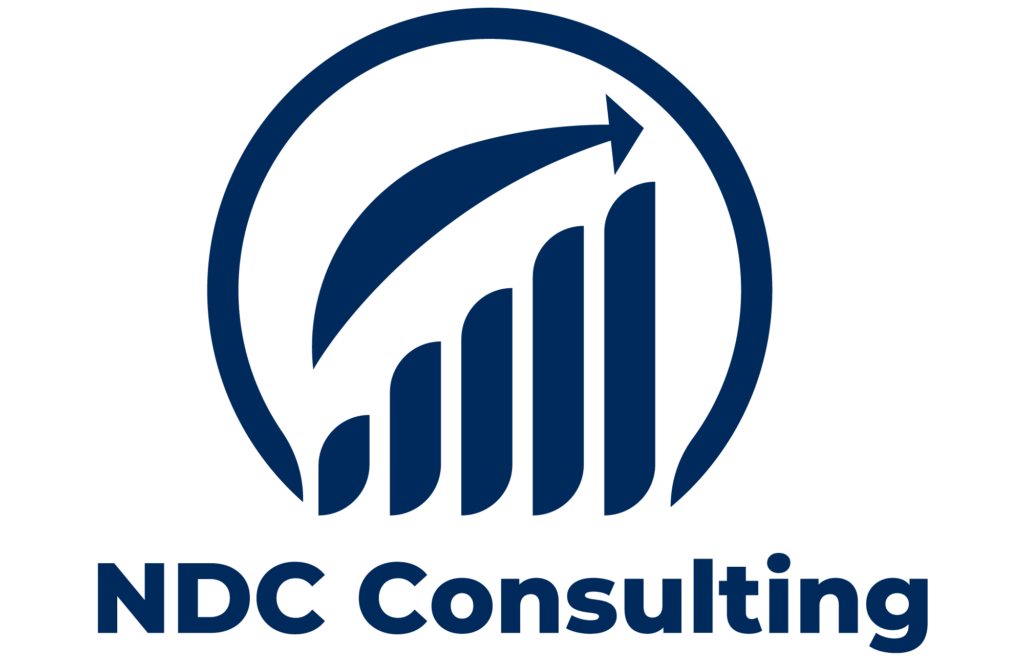Transferring protected health information (PHI) is essential to delivering high-quality care and reducing medical expenses. Including the appropriate specialists in a patient’s care is one of the many benefits of exchanging health information. But it’s also critical to comprehend the disadvantages, such as possible privacy issues, which are a persistent problem in the healthcare industry. In addition to offering solutions for secure information sharing in healthcare settings, this article responds to the query, “What is health information exchange?”
What is the exchange of health information?
Organizations that participate in health information exchange enable physicians, pharmacists, nurses, and other healthcare professionals to exchange vital signs, diagnoses, and treatment information. A patient’s specialist can promptly start treating a condition if, for instance, the patient’s primary care physician reports that the patient tested positive for it at a routine checkup.
More healthcare organizations are becoming aware of the benefits of exchanging health information. The following are some justifications for information sharing:
- Removing superfluous or redundant testing
- Giving physicians additional tools for making decisions
- Growing the tracking and reporting of healthcare
- Cutting back on unnecessary paperwork
- Reducing drug errors and therapy
- Including patients and consumers of healthcare in the decision-making process
- Reduced expenses for medical treatment
- Enhancing patient results and quality of treatment
However, there are drawbacks to sharing health information. For example, there are constant risks to the privacy of patient data, sometimes as a result of disparate cybersecurity practices among organizations. When individuals with identical names reside in the same area, matching patients with their IDs can also be challenging. Critical information is sometimes overlooked in records undergoing health information exchange, which makes providing healthcare more difficult and inefficient.
These difficulties are addressed by the Health Insurance Portability and Accountability Act (HIPAA). The HIPAA Security Rule mandates that healthcare organizations have policies and processes in place to protect patient privacy and PHI, as well as to stop unauthorized access to and disclosure of sensitive information in both digital and written form. Three categories of safeguards must be used by organizations:
- Physical: Secure paper and electronic record storage, appropriate handling and disposal practices, locks, and alarm systems to detect unwanted access
- Technical: User authentication, data and message encryption, and password protection
- Administrative: Risk assessment, incident response strategies, and employee compliance training
Advice on Safely Sharing Health Information
Your organization can take a number of actions to support health information interchange while adhering to HIPAA requirements surrounding patient privacy:
- Use firewalls, data encryption, user authentication, and password protection as access controls.
- Never leave documents containing PHI unattended, and secure physical records by keeping them in locked cabinets in secure places.
- Get rid of documents you don’t need by properly shredding them.
- When getting patients’ permission to share information, get their signed informed consent.
- Encrypt all mobile devices and PCs that hold PHI.
- Make backups of all patient data, both digitally and physically.
- Plan your response to natural disasters or cyberattacks that jeopardize data security.
- Keep all of your antivirus software up to date to safeguard your cyber infrastructure.
- All staff compliance training programs should cover appropriate PHI handling.
Software for Compliance Can Protect the Exchange of Health Information
Purchase software that will assist you in handling all of your compliance-related tasks, including safeguarding the PHI you disclose to other people and organizations. Sensitive information can be stored, transferred, and disposed of using procedural papers created using templates using Compliancy Group software. We also offer thorough training on the HIPAA Security Rule and other important rules through our software.
Compliancy Group can help your company take advantage of the benefits and get over the drawbacks of sharing health information. Get in touch with us right now to find out how our compliance software and other tools can maximize the sharing of healthcare information.

